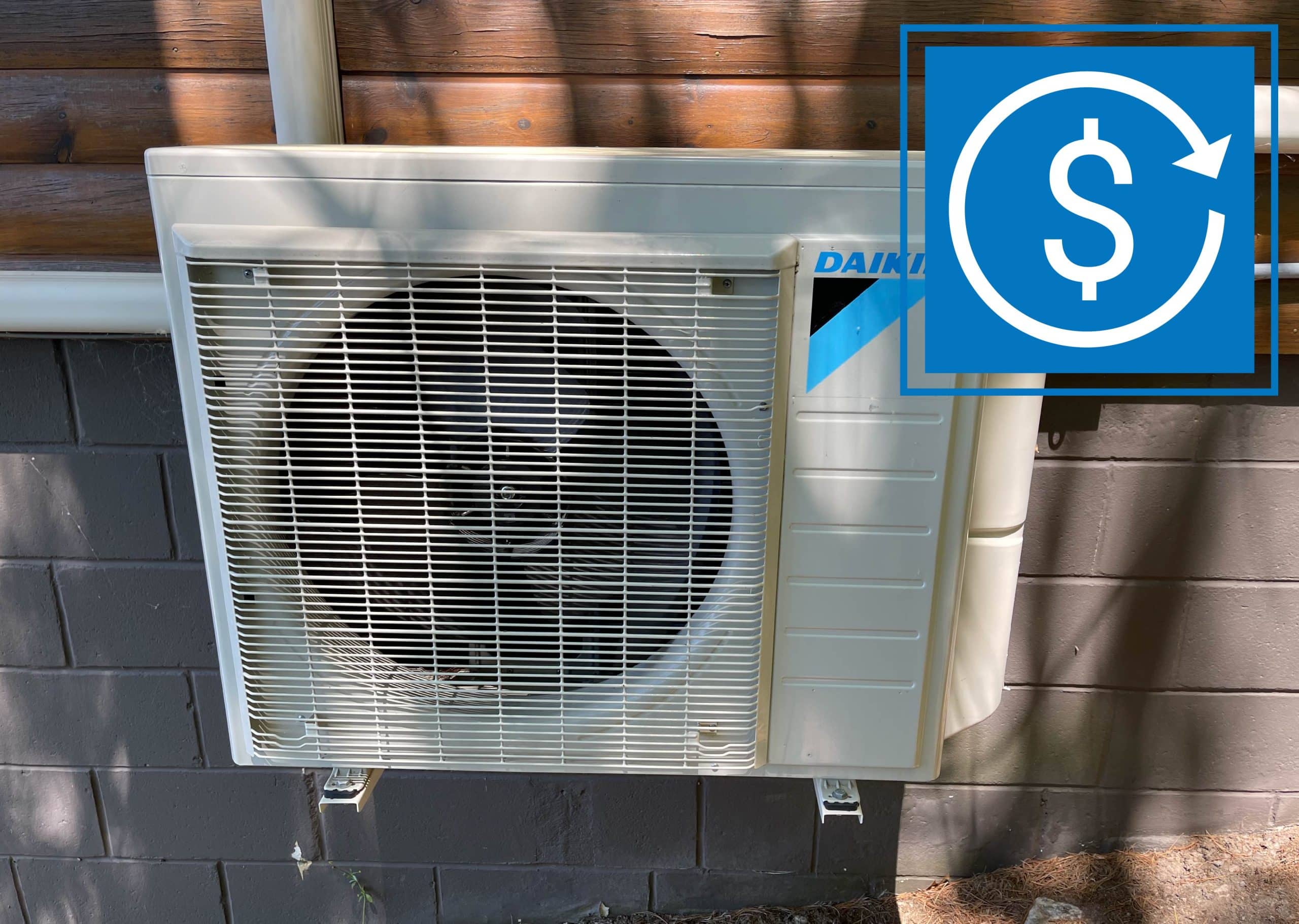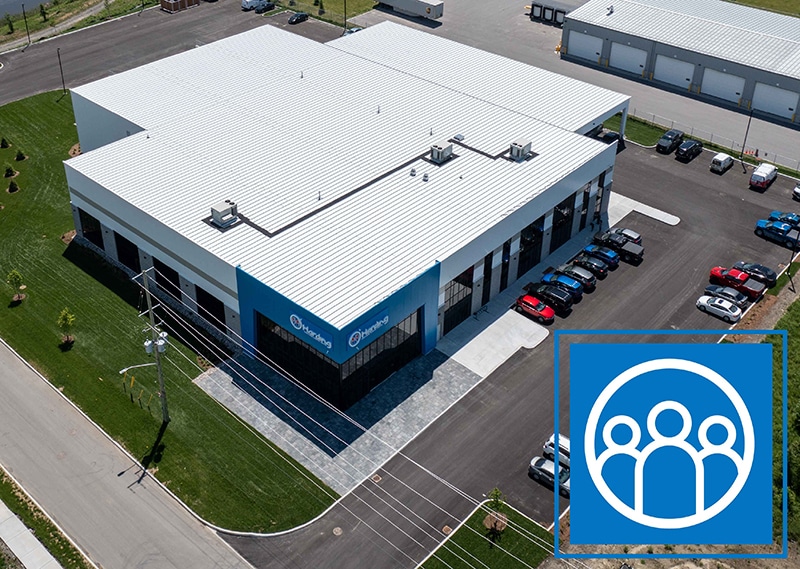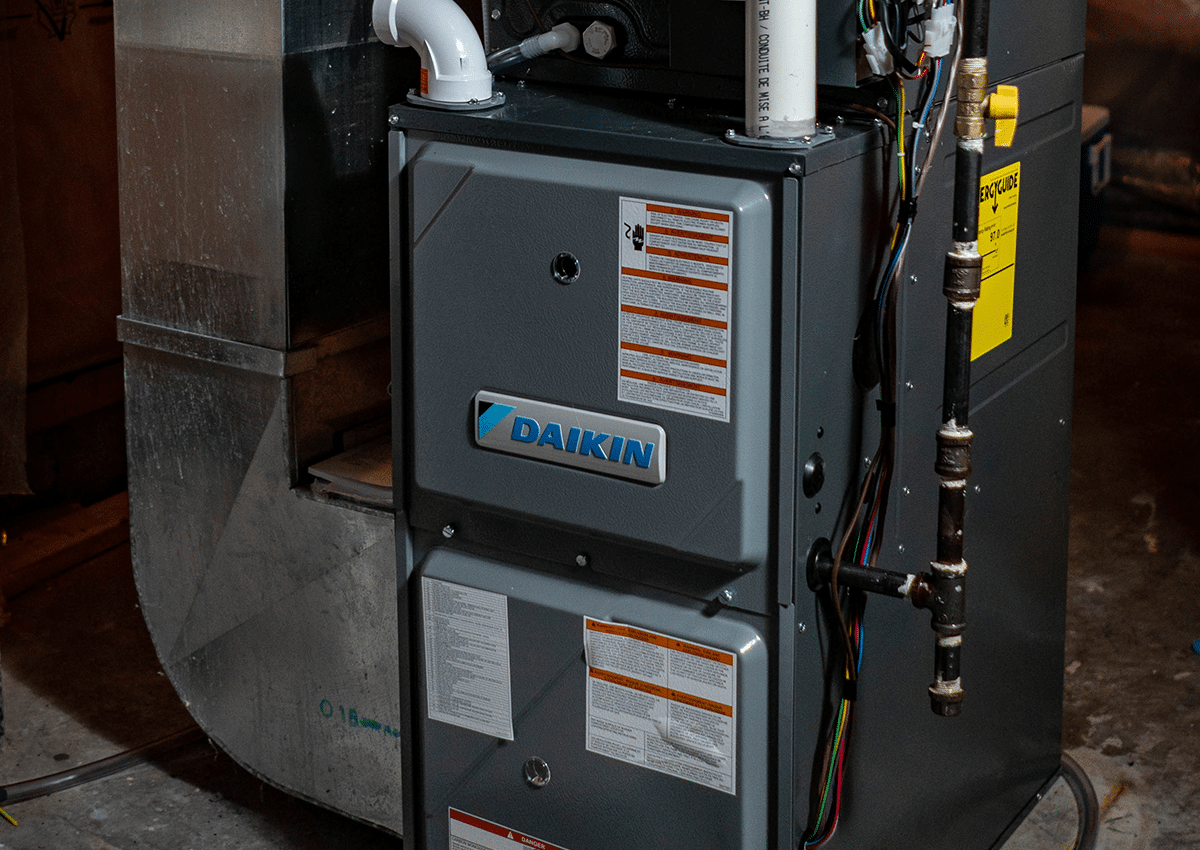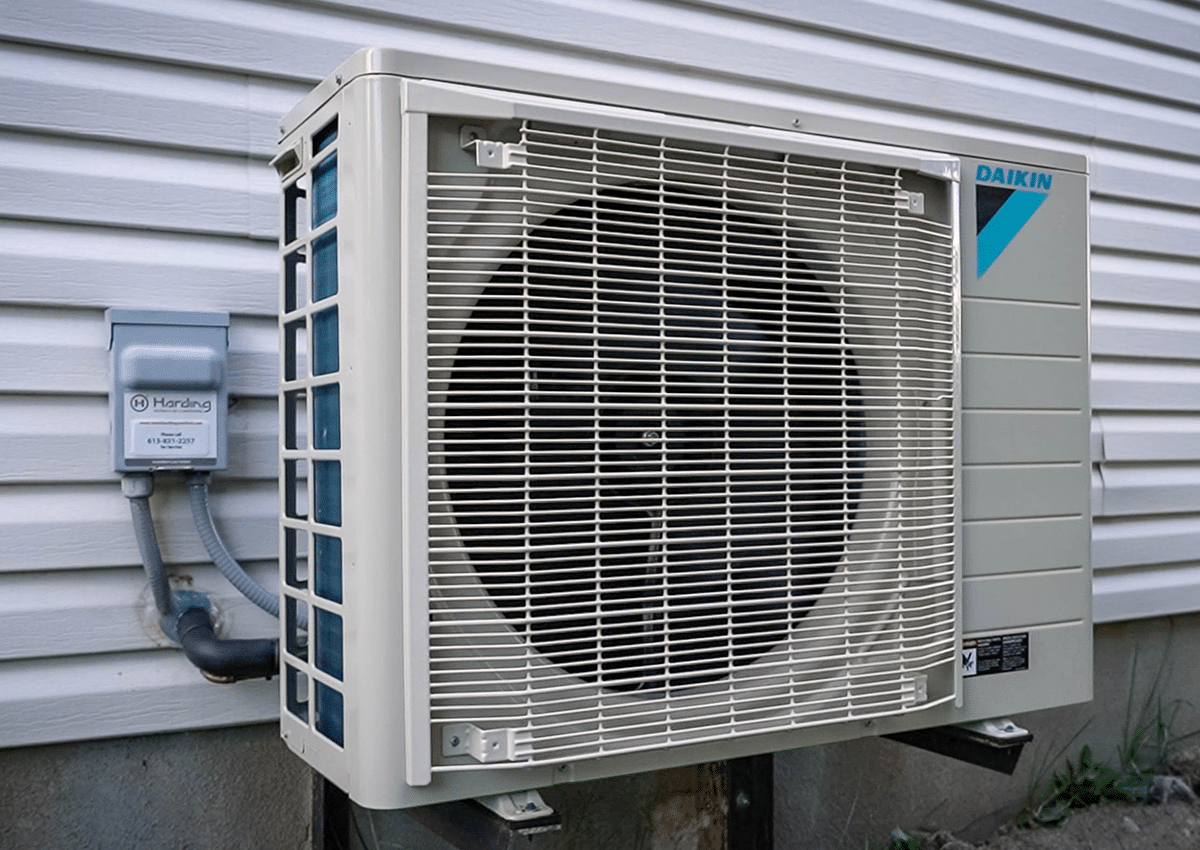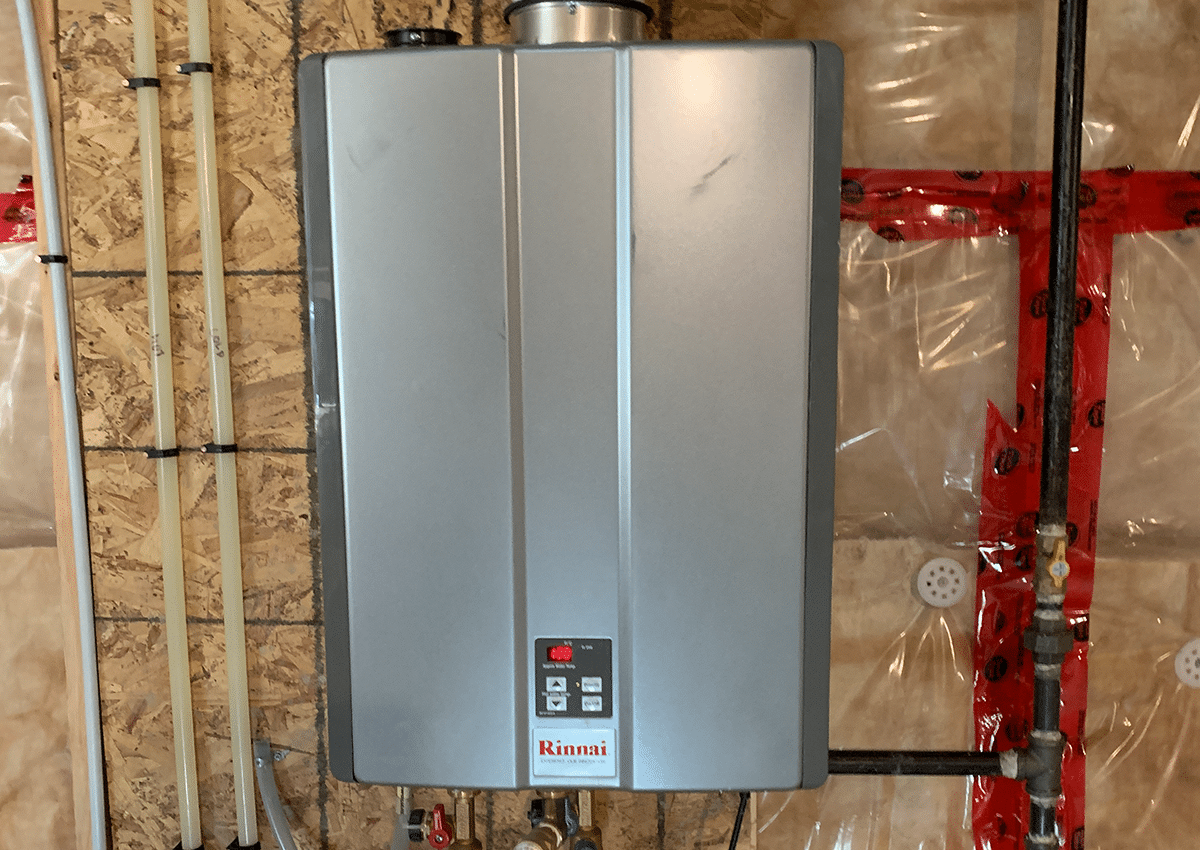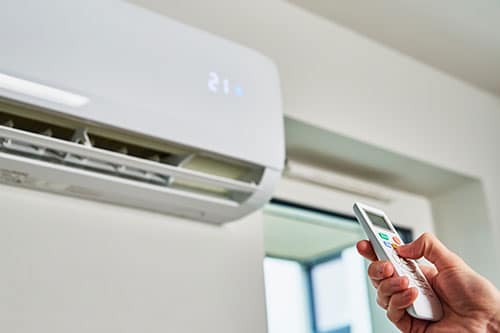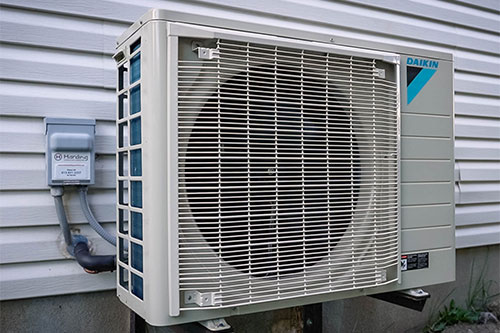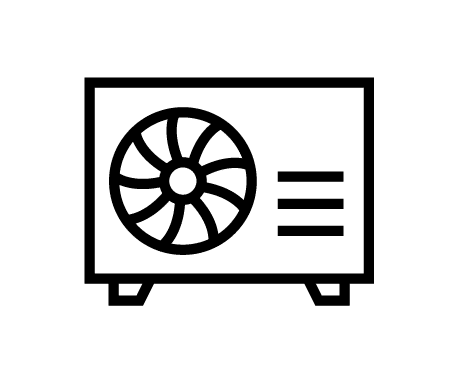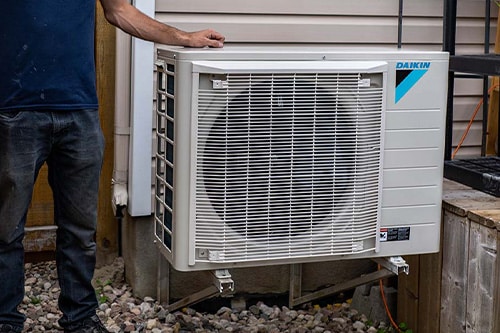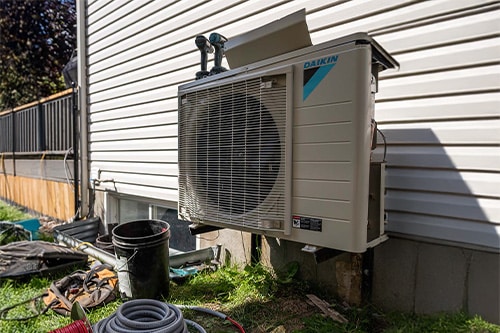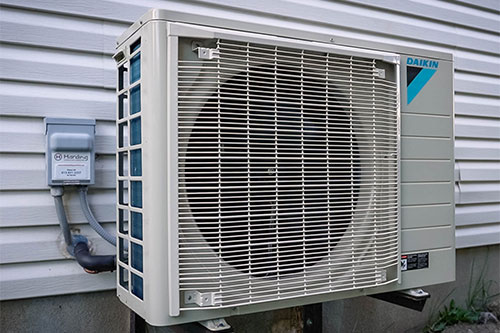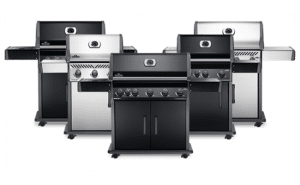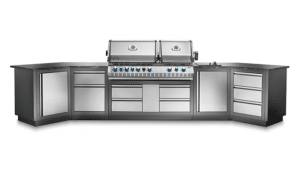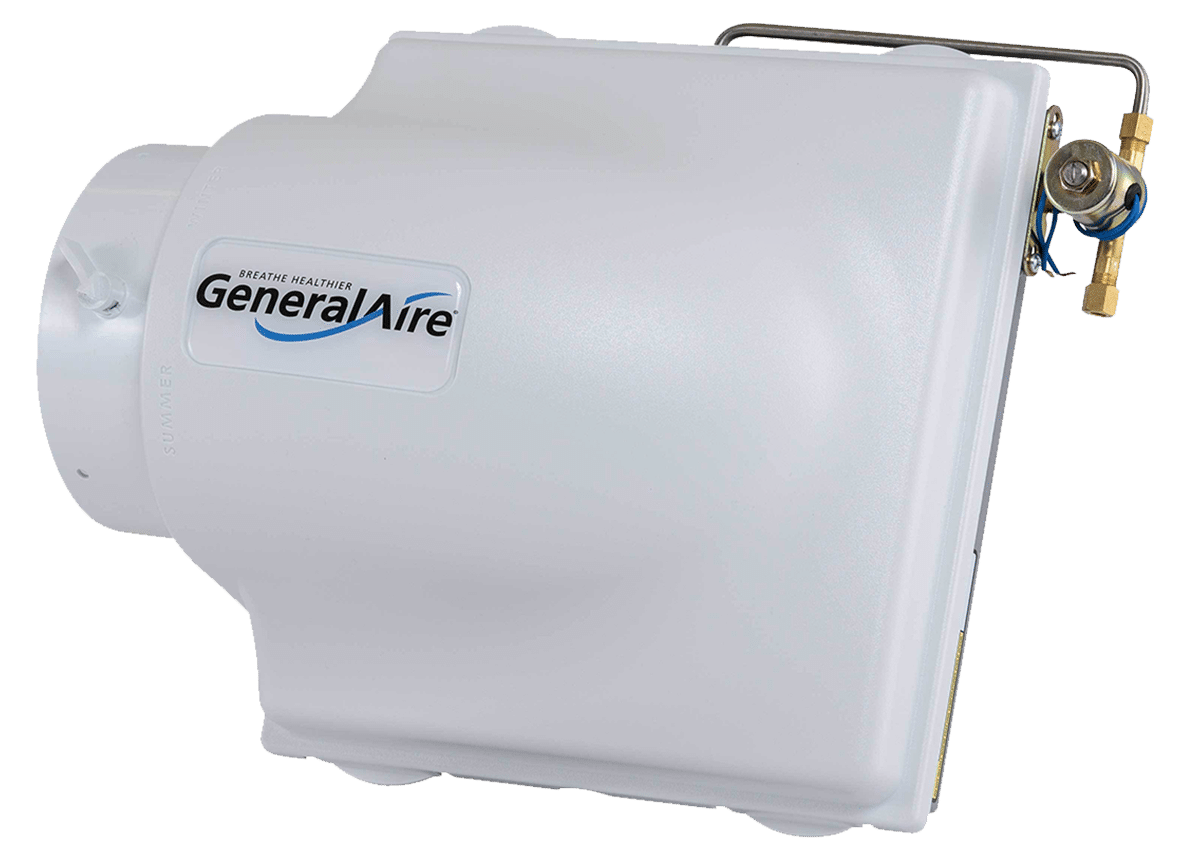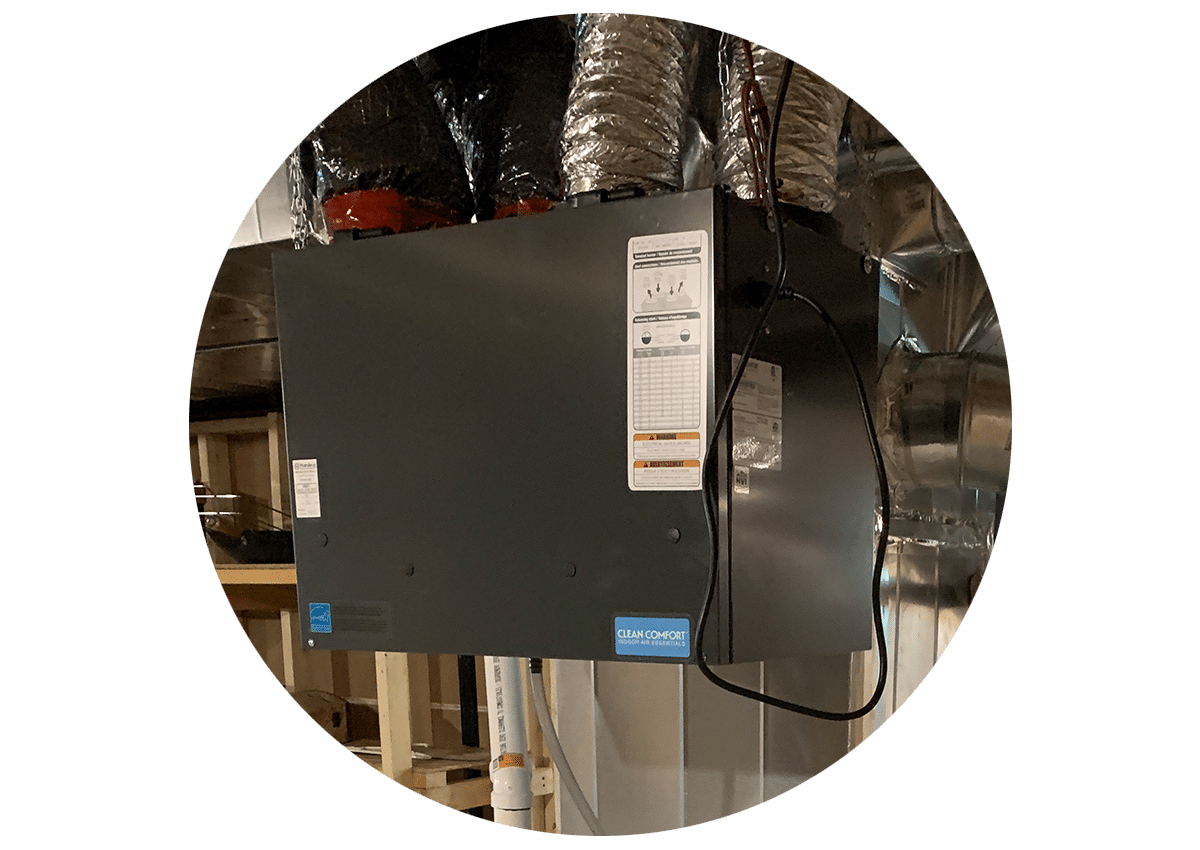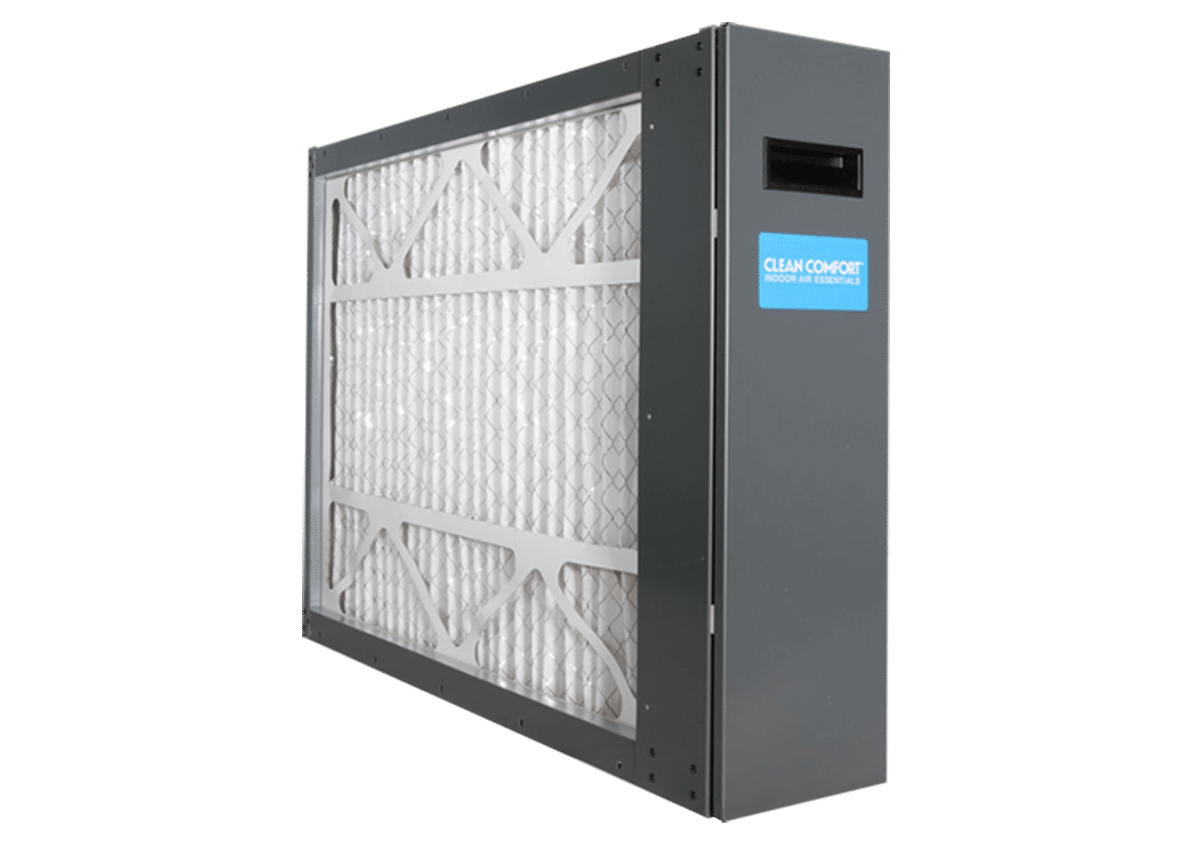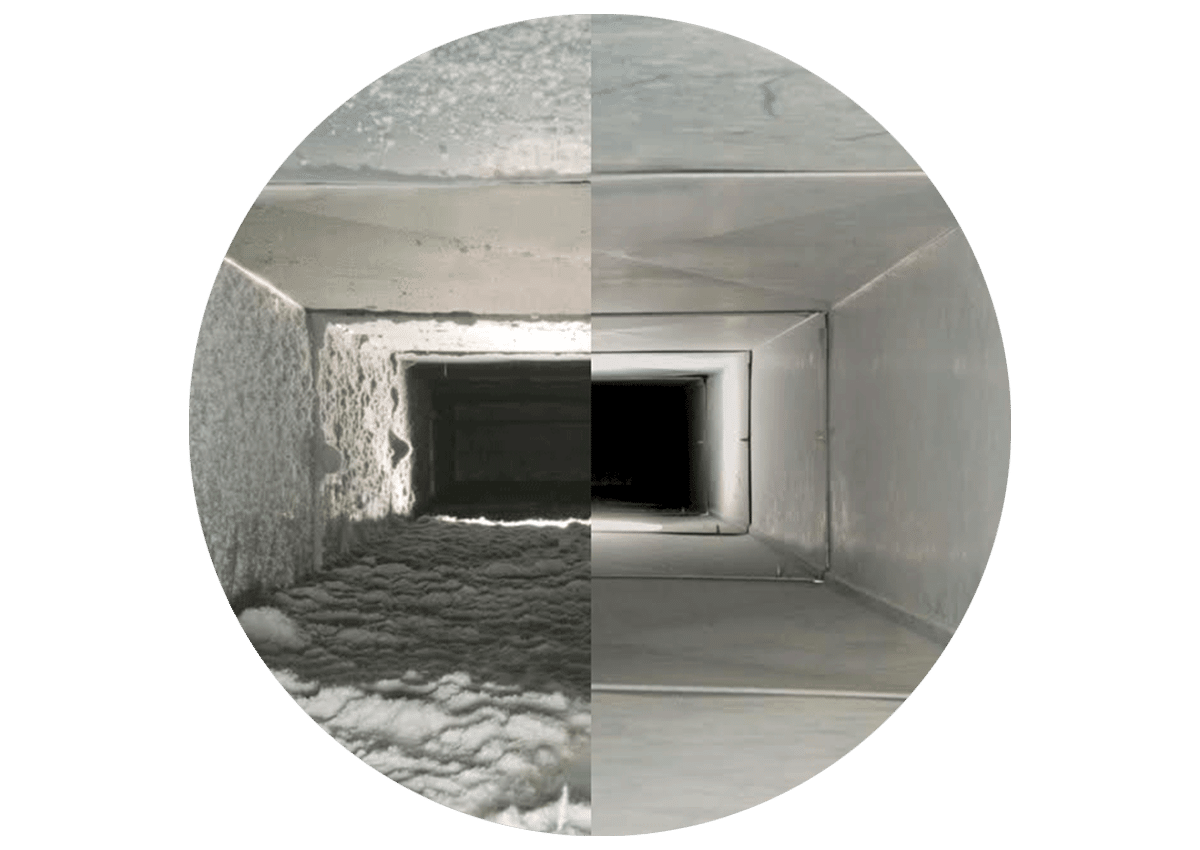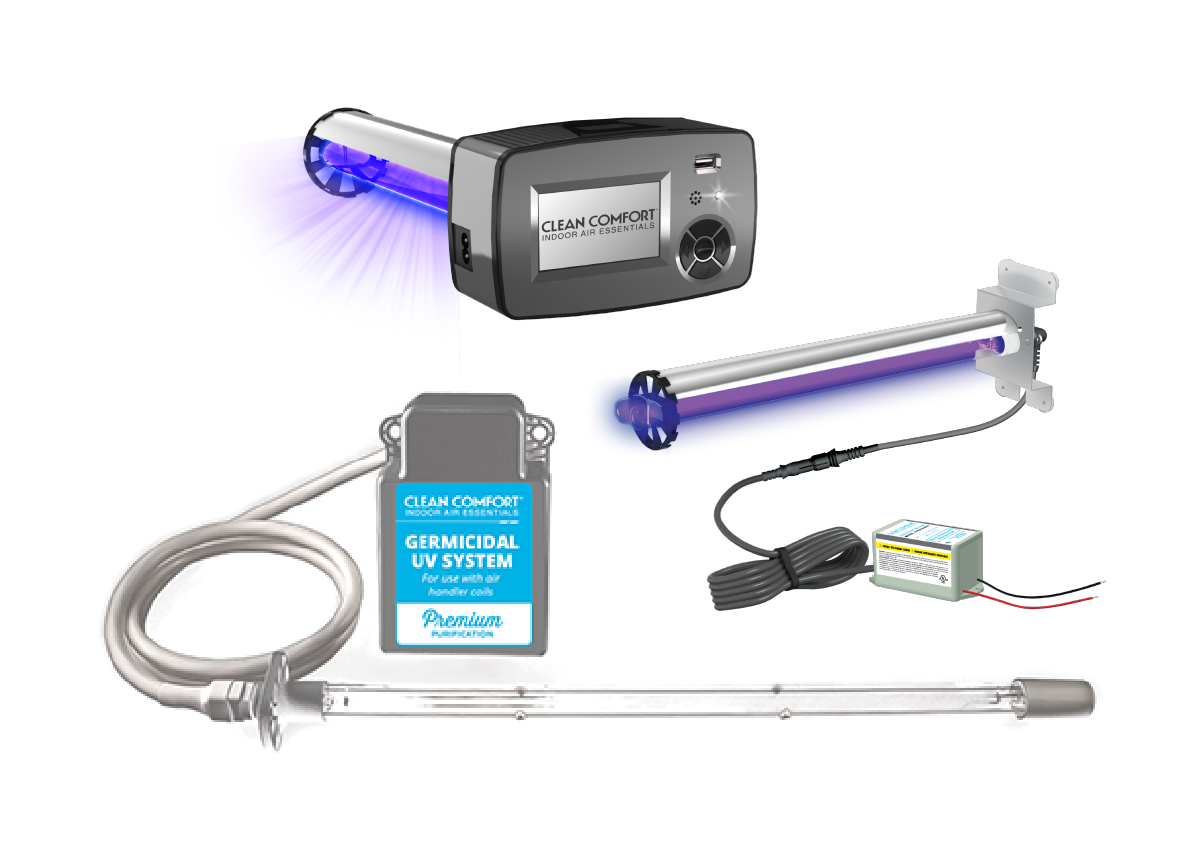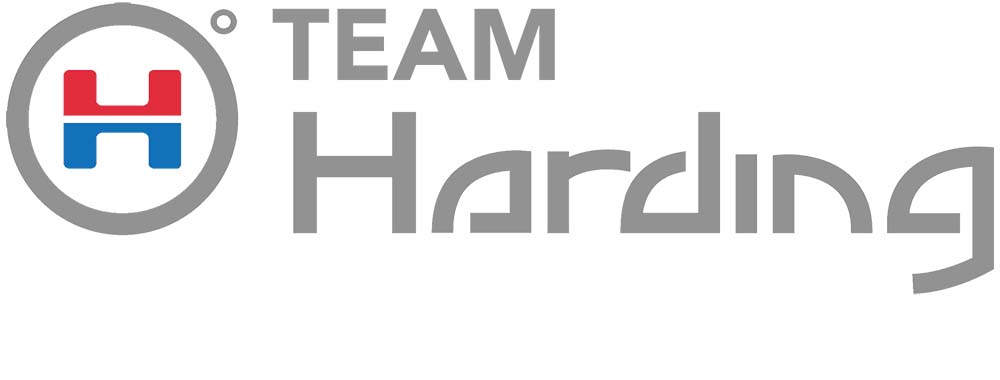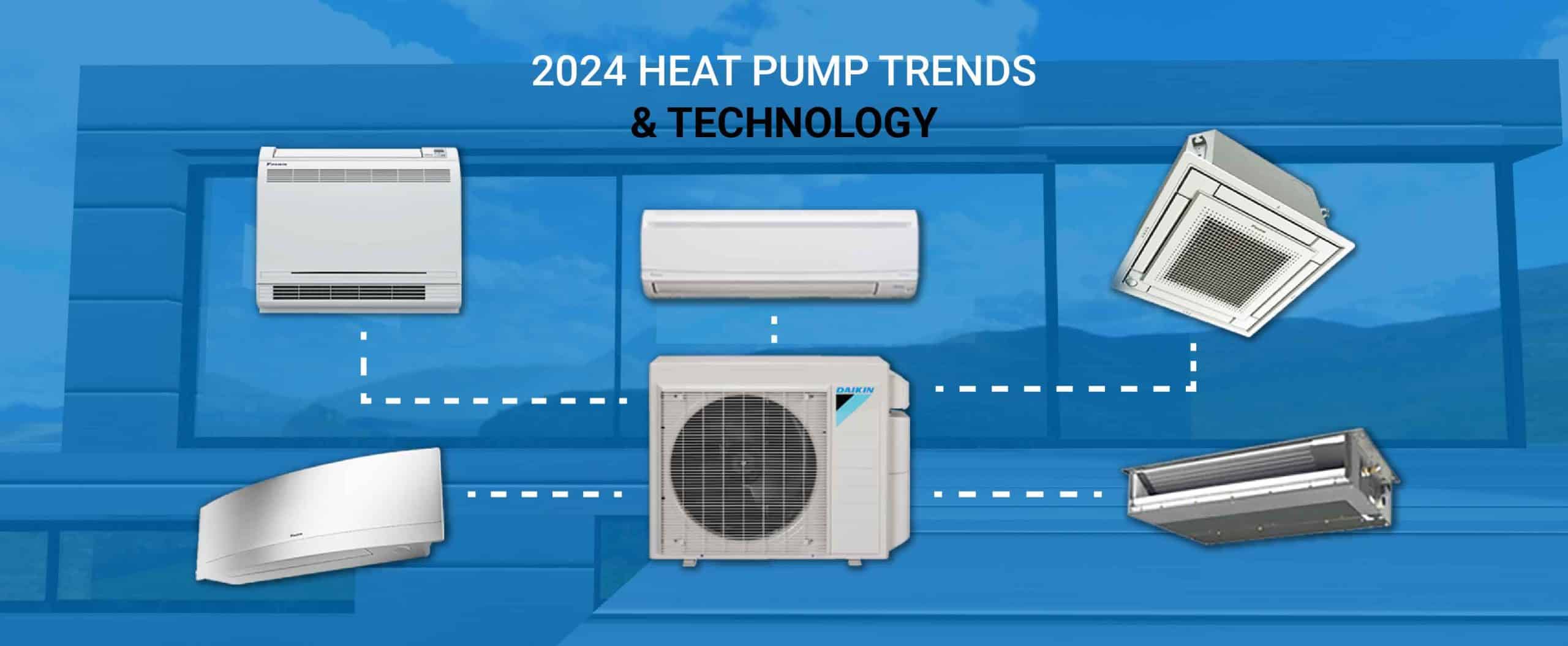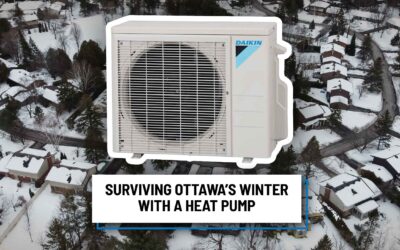Heat pumps are not a new technology. The basic principles have been known for over a century. However, there have been, and continue to be, significant advancements in operation, performance, energy efficiency, affordability, and more. Here’s what the future of heat pump tech looks like as we head into 2024.
Improved Performance
Manufacturers continue to invest in optimizing overall heat pump performance. Currently, large heat pumps can deliver heat ranging between 140 to 160 degrees Celsius. The future holds the promise of even higher temperatures through ongoing innovation and enhanced designs.
Other performance-based areas that continue to be improved upon include:
- Energy efficiency
- Operational noise
- Heating & cooling capacity
- Air filtration
Financial & Environmental Savings
In the long run, heat pumps present substantial cost savings. Not only do they offer reduced energy consumption but they also protect homeowners against natural gas price spikes. While the upfront cost is higher than other traditional HVAC systems, incentives bring down that initial investment. Plus, as efforts to enhance heat pump efficiency continue, including meeting the new minimum efficiency ratings, there’s the potential to save even more on energy bills.
Beyond economic savings, heat pumps contribute to environmental sustainability by reducing greenhouse gas emissions. For example, heat pumps show a minimum 20% decrease compared to gas boilers. In regions with cleaner electricity sources, this could reach 80%. The industry is also dedicated to developing and adopting refrigerants with lower Global Warming Potential. This aligns with global initiatives to lower the environmental impact of HVAC systems.
Rising Demand
The demand for heat pumps has only been growing. It looks like that trend will continue into 2024 and beyond. As governments worldwide intensify their efforts to promote sustainability and the adoption of greener heating and cooling systems, heat pump demand will only grow. This escalating demand, particularly for applications in residential and commercial buildings, will continue to drive innovation.
Lower Upfront Costs & Increased Production Capacity
With the potential to curtail global carbon dioxide emissions by at least 500 million tonnes by 2030, there is a continued focus on lowering costs as the technology becomes more commonplace. To achieve this, there are plans to increase production capacity. Pair this with tax incentives, rebates, and grants, and initial installation costs will be less.
Integrations for Enhanced Efficiency & Control
Another way heat pumps are being improved is through integrations. Manufacturers are embracing cutting-edge technologies and exploring integrations that can boost performance, energy efficiency, and convenience. One notable example is the incorporation of artificial intelligence. AI-powered heat pumps integrate new functionalities and interactions with a changing environment to provide the highest energy efficiency and comfort to the homeowner, simplify maintenance tasks, and prevent performance issues due to fault detection.
Other integrations in the works aim to:
- Convert wasted energy into valuable energy, increasing efficiency.
- Improve remote control and monitoring ability, enhancing performance and efficiency.
Heat Pumps Are the Future
While heat pumps are significantly better than they were a decade ago, there’s still plenty of potential growth ahead for the technology. With all these powerful innovations planned for 2024 and beyond, heat pumps appear to be the HVAC system of the future. They’ll only become more efficient, more convenient to operate, and cheaper to install.
Talk to us about how a heat pump could help you save!
Connect with us on Facebook or Instagram!
Harding Heating & Air Conditioning has been Ottawa’s leading home comfort specialist since 1994. We are a family-owned and operated local business and all of our installers and technicians are fully licensed.




